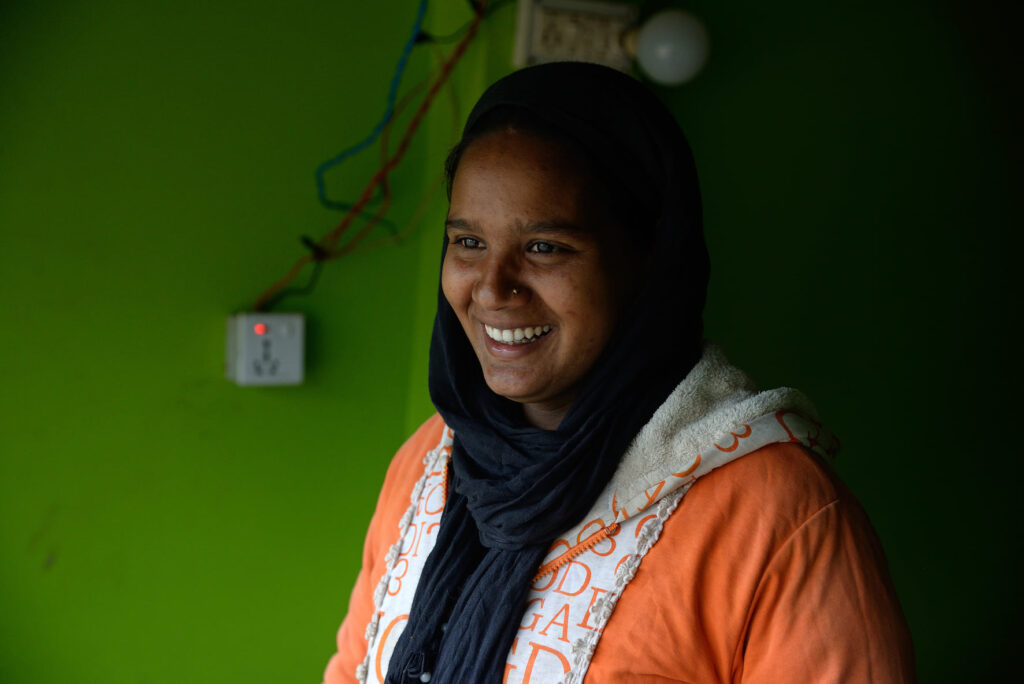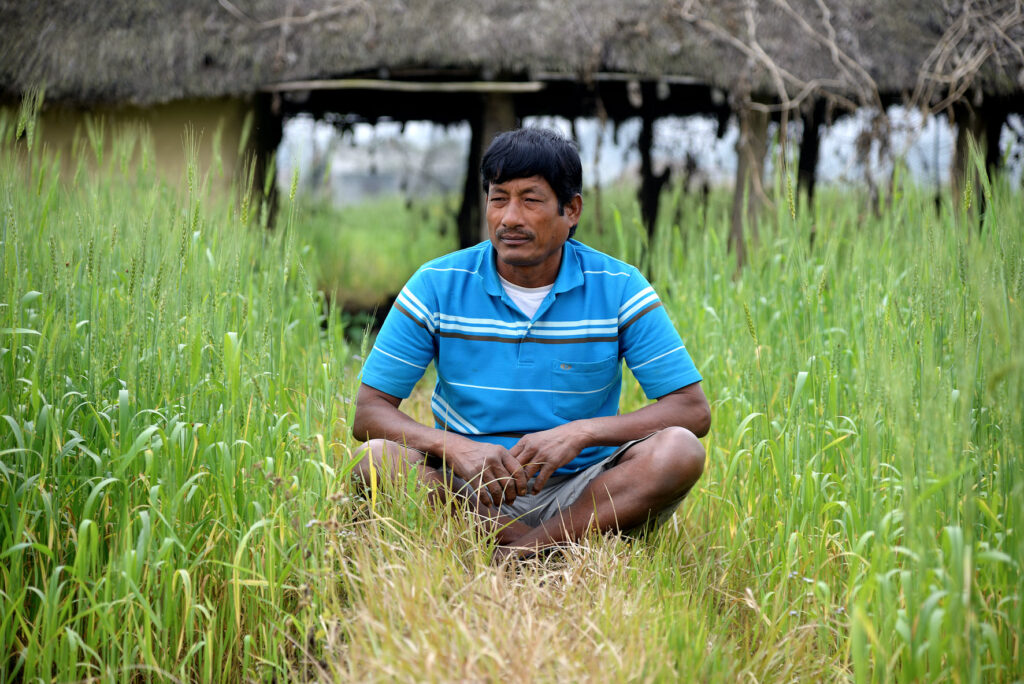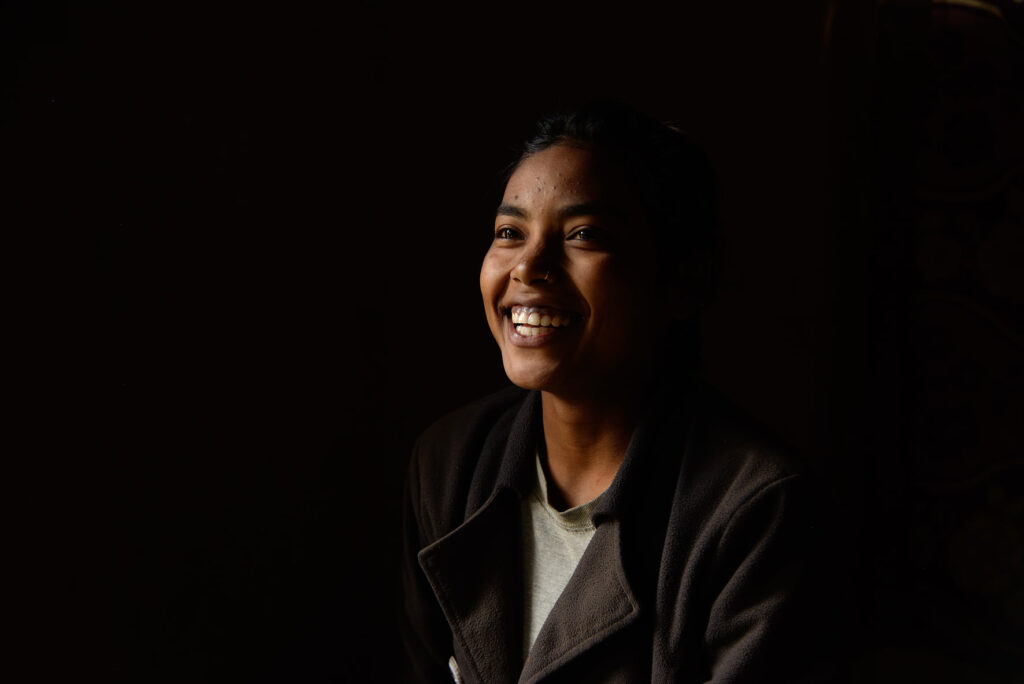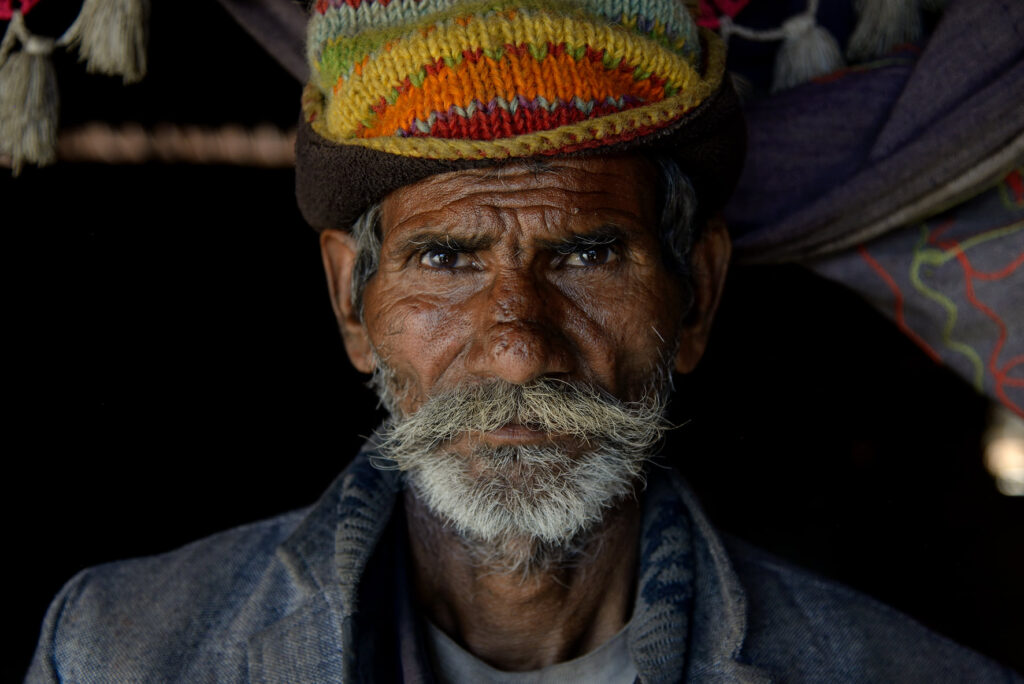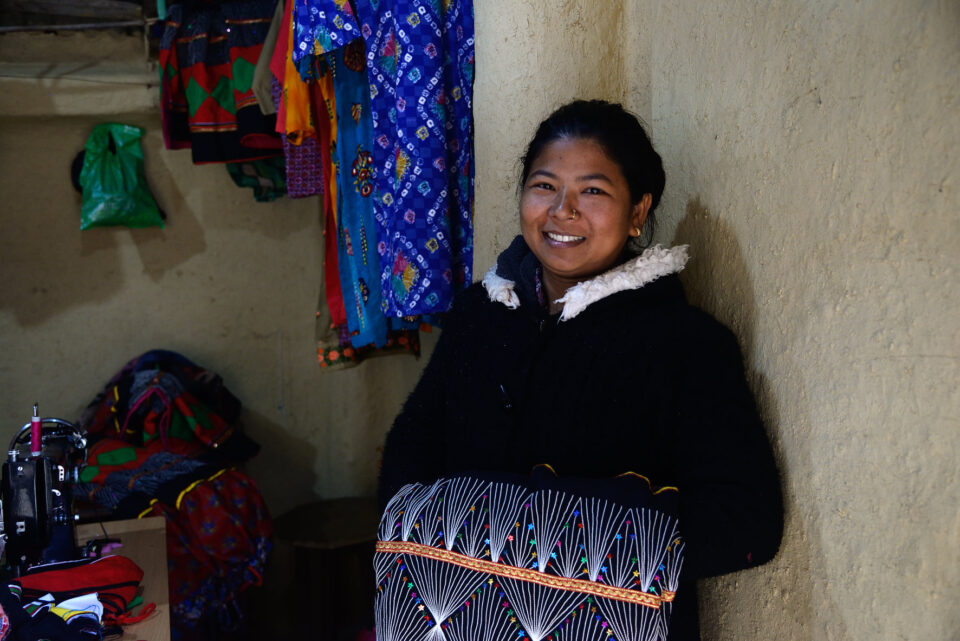
Asha Devi Chaudhary Dhangadi 17, Mukta Kamaiya Milanpur Basti
“Look at her. She is nothing but skins and bones. I doubt she will be able to work” was what Father was told when he dropped me off at the family’s home where I was supposed to live and work as a Kamlari. I was only 9 years old. I felt like my parents had abandoned me. For the next few weeks, I wept every night. Yes, I missed home but my tears were of hurt. The hurt that a child carries in their heart is something indescribable.
I lived there for more than 5 years. At first, I did not know what to do. I just followed orders. I ate when I was told and slept when I was told. I cried in my dreams. I would see my mother caressing my head. I would dream of running with my friends, into the fields, into the forest and the ponds. The family I was living in had children. Every morning they would put on their uniforms and go to school, well-fed and happy. I wanted to go to school too. But I was too little to say anything. I did not know if I had any place in the house where I could express myself. When I had some time off, I would run to the terrace from where I could see the playground of the nearby school. I would watch the children, many like me, run and play and scream. I wanted to go to school too but I had no one to share my sadness with. The only time I looked forward to was when Father came to take me home for the Maghi festival. But my happiness would not last. The festival would be over. The time for me to return to the family would come. I would tell my mother that I did not want to leave. I would plead to her not to send me. She would hold my hand and say, “I know you are a good daughter. We have taken out a loan from the family and by working there you are helping us. If you don’t go, then we will have no money to repay.” So I would return. I would swallow my tears, choke and return. No one understood me. No one cared.
It was only after the Kamlari system was abolished in 2000, my father came to take me home. I think it was partly because now it was a crime to send your children to work in someone else’s homes as bonded labour. I felt I was free. But families and societies make their daughters feel like they are a burden. Maybe that is why I was married off and sent away not long after I returned home. I did not receive love, education or had any skills that I could use to be independent. In my new home, I still worked as a servant. My husband was a good man and if it was not for him I do not know what my present would look like. He would hear my problems and my heartaches and tell me that he was there for me. I could finally cry on someone’s shoulders. He understood that housework was not easy so he would also offer to help me. We had a son. My husband worked for daily wages and I had no income. When my husband’s family decided that we should move out of the ancestral home, things became difficult for us financially. I remember picking up guavas and waiting for people by the roadside in the hope that they would come and buy. Sometimes I sold a few kilos and sometimes no one came. We were getting by but both of us knew that with our earnings we would not be able to provide for our son and for his education. The money we would get by the end of the day was just enough. At the time, life felt hopeless. My husband was tired from working overtime and I was constantly stressed. We just moved from one day to another without choice. One day I heard that an organisation was providing training to the freed Kamlaris and Kamaiyas in sewing. I ran to meet the sirs and madams but they told me that all the seats had been taken. But I could not return home. I had to get this training. I was adamant and I argued. I told them about my situation, about my husband and my son. I expressed with my tears. Good people, they were and they took me in. I learned more and more every day. I learned the basics and soon I was able to use the sewing machine. When I was confident enough, I told my husband to make me a corner where I would sew and cut. I told my neighbours, that if they needed to mend clothes, I could do it for them. Slowly they started visiting. I did good work. They started ordering blouses from me. I started to see some money. In 10s and then in 100s. My husband and I would count money every night, look at each other and smile. We started saving. Once I visited a tailor in the city and I saw he made dresses. I asked him to teach me. I insisted and he did. Soon I started making traditional dresses and the girls loved it. And they started coming in groups. My business grew. I could not handle it on my own. I realized I had to pass on my skills to girls who came from an impoverished background and when they acquired the skills, I could employ them. Today, I am proud to say that I have girls who I train and who also help me with my business. I get some profit and they get a cut. We all are happy. Sometimes, I think back on the days that I spent in agony and my heart sinks. I know where I came from so a lot of things that I have today have more value to me. Number one is my family and I want to give my son all the love there is because I know what a loveless childhood can do to a pure heart. Today, I am happy but also cautious as I know the nature of life.”
#RightToEarnALivingStories of Nepal x ICCO Cooperation South Asia x European Union in Nepal
